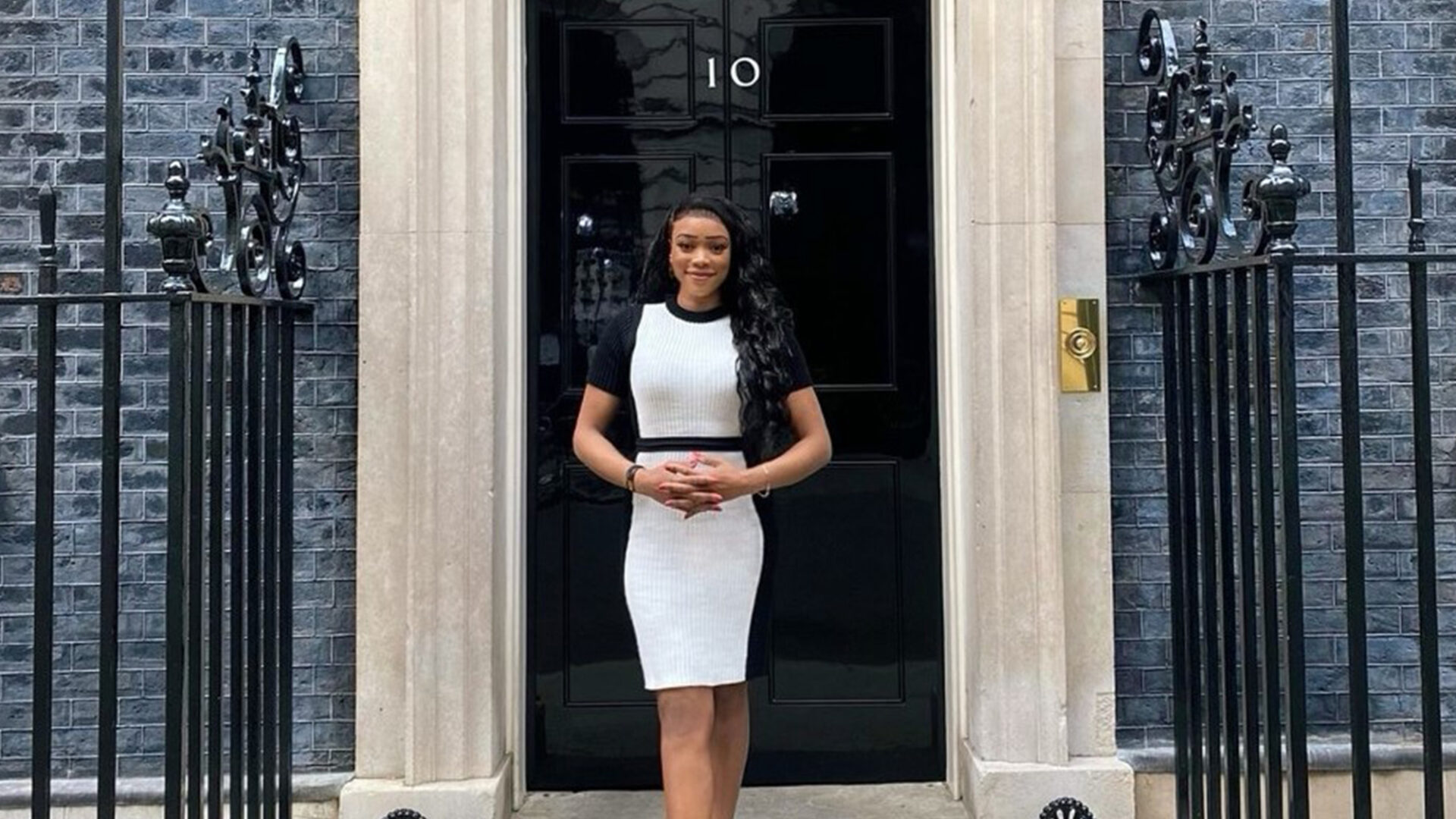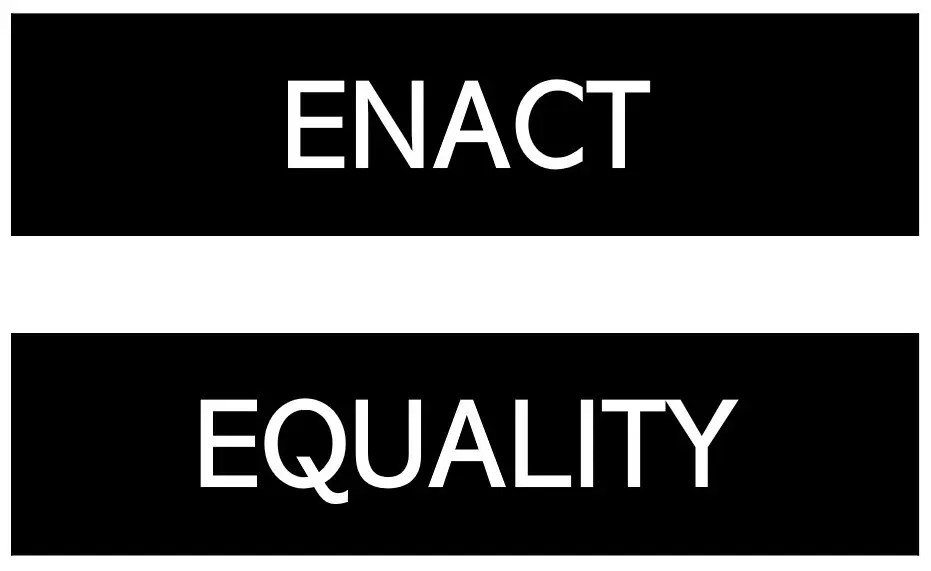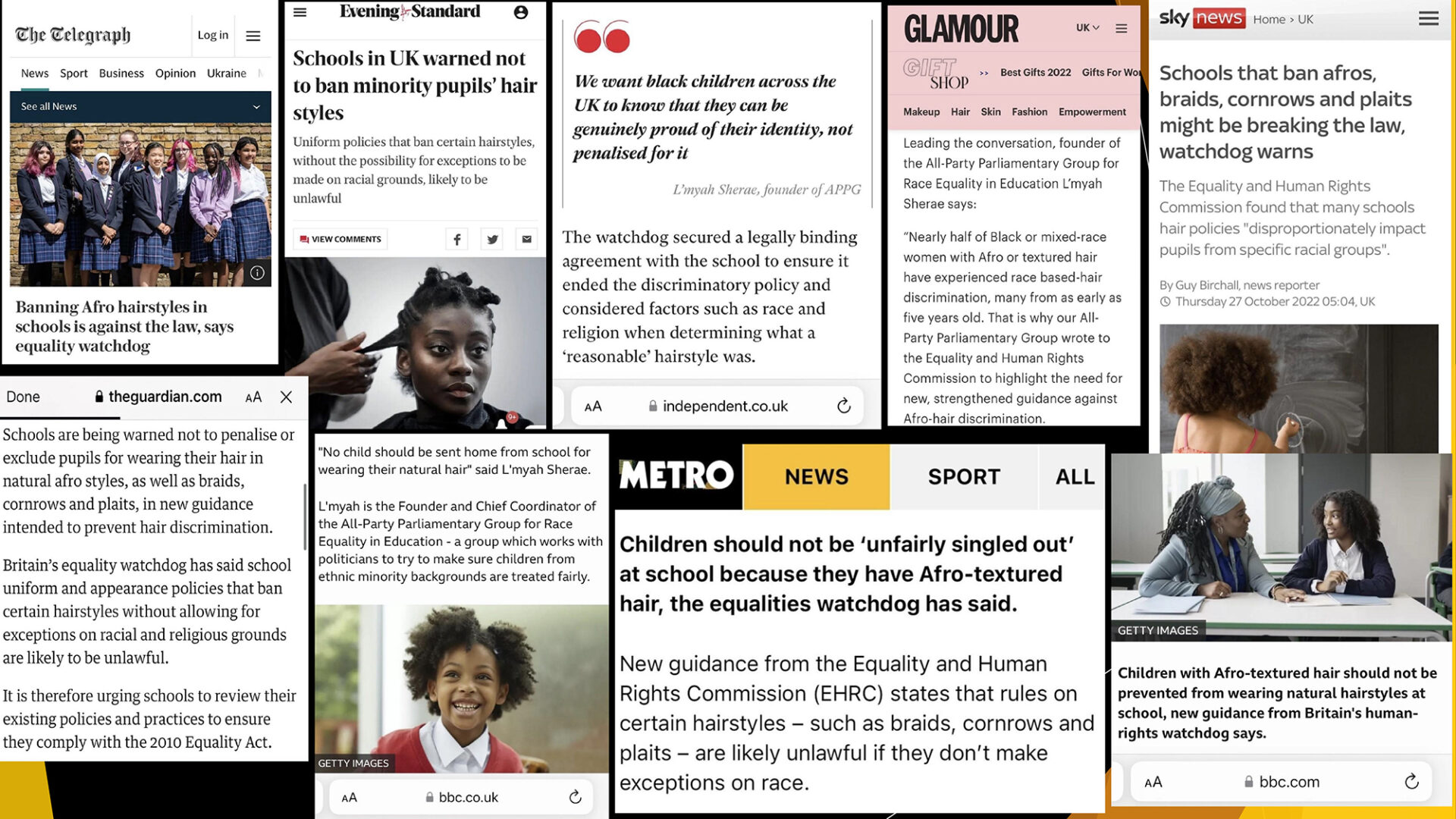Afro Hair Discrimination
 Loading...
Loading...
Working to dismantle Afro hair discrimination
Hair discrimination is a form of racial discrimination, and this urgently requires greater recognition. For far too long, institutional policies have been allowed to push Black children, adults and those of Black heritage to conform and mirror Eurocentric hairstyles, often damaging their natural hair in the process.
Background
There have been many hair discrimination cases here in the UK, and we find the continuing need to convey such cases unacceptable. The repeated failure to understand the issues affecting Black hair is a typical occurrence when dealing with a variety of institutions, and based on this, we launched a national campaign against Afro hair discrimination in October 2021.
We wrote to the Equality and Human Rights Commission to ask them to issue official guidance about hair discrimination. The letter was co-signed by many renowned organisations, public figures and political leaders, including Wera Hobhouse MP, Lord Simon Woolley, Emma Dabiri, Ruby Williams, The National Hair and Beauty Federation, The British Beauty Council, GLAMOUR Magazine, The Equality Act Review, Dove, Unilever, Pantene, Proctor & Gamble, Shea Moisture, Enact Equality, The Halo Collective, The Advocacy Academy, EqualiTeach and Diverse Educators.
Our campaign hit headlines
Our campaign hit headlines across ITV, Channel 5, Politics Home, LBC, the Guardian, Sky News, GLAMOUR Magazine, the Independent and many more.
We are pleased to announce that, following the launch of our campaign, the Equality and Human Rights Commission have published new national guidance against Afro hair discrimination in schools. We worked with the Commission to create this new policy guidance.
Key quotes from the new national guidance, published by the Equality and Human Rights Commission, can be found below:
-
Hairstyles worn because of cultural, family and social customs, can be part of a pupil’s ethnicity and therefore fall under the protected characteristic of race
-
If your school’s policy bans certain hairstyles adopted by specific racial or religious groups without the possibility of any exceptions on racial or religious grounds, it is likely to be unlawful on the grounds of indirect race or religion or belief discrimination. This includes hairstyles such as (but not limited to): braids, locks, twists, cornrows, plaits, skin fades, head coverings including religious based head coverings and African heritage head wraps, natural Afro hairstyles
-
We recommend you review any relevant uniform, appearance or behaviour policies in line with [our] decision-making tool
-
As schools have a safeguarding obligation to protect pupils from race discrimination and bullying, it is good practice for schools to invest in professional development and training for staff in this area.
“No child should be sent home from school for wearing their natural hair. We want Black children across the UK to know that they can be genuinely proud of their identity, not penalised for it. I am therefore pleased that this guidance is now being published, and I am proud to have been involved in the drafting process. Schools should be safe and supportive environments for all pupils, and race equality in education should be a priority for all teachers. These new resources are an important step towards ensuring that the next generation of children are better protected, and the generations thereafter.”
“This is a really important step forwards in tackling hair discrimination against people with afro-textured hair, and in exposing the shocking reality that Black children are loosing out on their education as a result of their natural hair. I’m proud that together we’ve won recognition that hair discrimination is a form of race discrimination. People should be allowed to embrace their cultural heritage and be treated fairly, and not excluded from school because of prejudice and discrimination. No ones education should suffer because of the colour of their skin or the texture of their hair. I’m really pleased that the EHRC will be publishing new guidance after a successful campaign.”

We have since been to the Prime Minister’s Office at No.10 Downing Street to discuss the campaign, and the Prime Minister’s Office formally announced their support of new national guidance against Afro hair discrimination in schools.
We are now working with the Equality and Human Rights Commission to monitor how the new policy guidance is being used by teachers and educators in schools across England, Scotland and Wales.

